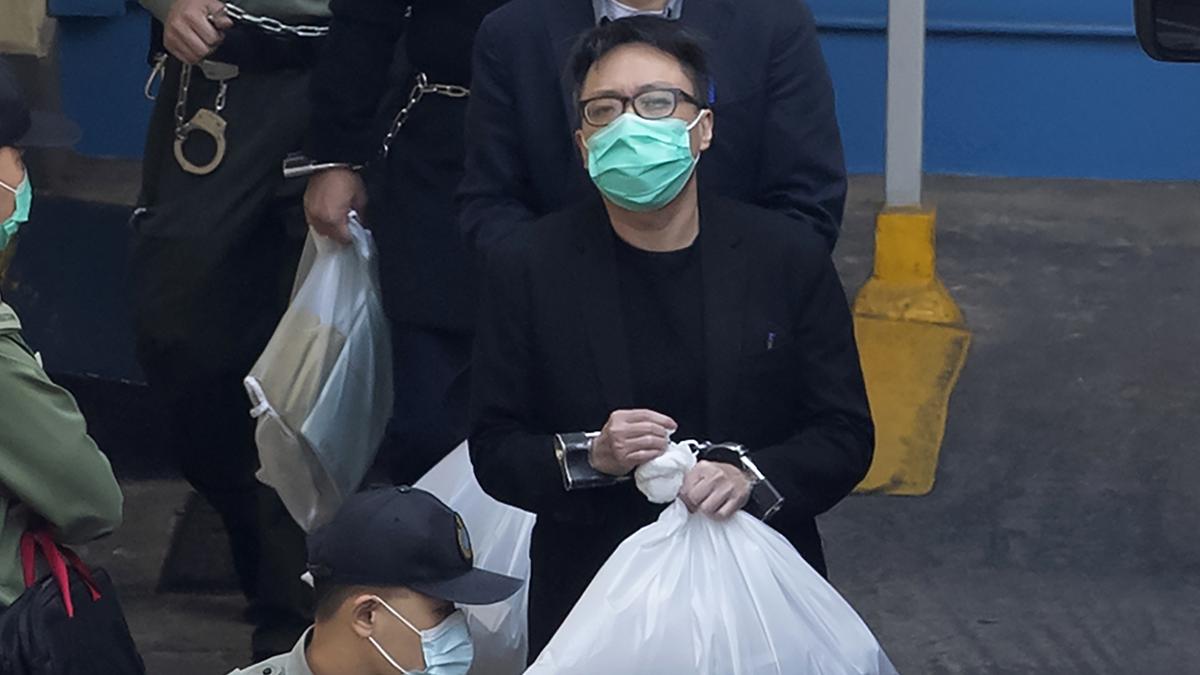
Hong Kong court affirms landmark sedition conviction for pro-democracy activist
The Hindu
An appeal court ruled in a case brought under a colonial-era law increasingly used to crush dissent.
Criticizing laws or chanting anti-government slogans can be enough to jail someone for sedition in Hong Kong, an appeal court ruled Thursday in a landmark case brought under a colonial-era law increasingly used to crush dissent.
Hong Kong’s Court of Appeal upheld a 40-month sentence for pro-democracy activist Tam Tak-chi, the first person tried under the city's sedition law since Hong Kong returned to Chinese rule in 1997. Mr. Tam’s lawyers had argued his conviction should be overturned because the prosecution did not show he meant to incite violence.
The prosecution is widely seen as part of Beijing’s clampdown on dissent in the former British colony, following widespread anti-government protests in 2019.
Mr. Tam was convicted on 11 charges in 2022, including seven counts of “uttering seditious words." A judge at the lower court took issue with him chanting the popular protest slogan “Liberate Hong Kong, revolution of our times” — words the government says imply separatism — and criticizing the Beijing-imposed National Security Law during a primary campaign.
The judge said his words broke the law because they incited discontent against Hong Kong and disobedience to the law.
Mr. Tam and his lawyers had drawn hope from a ruling made by a top Commonwealth court in a 2023 case about a similar law. In that case, the London-based Privy Council said that the sedition law in Trinidad and Tobago could not be used to convict people unless they intended to incite violence or disorder. The Privy Council is the court of final appeal for a number of Commonwealth countries.
But the Hong Kong court rejected the argument, finding that the Privy Council ruling only applied to the law in Trinidad and Tobago.













